esther
Haiti
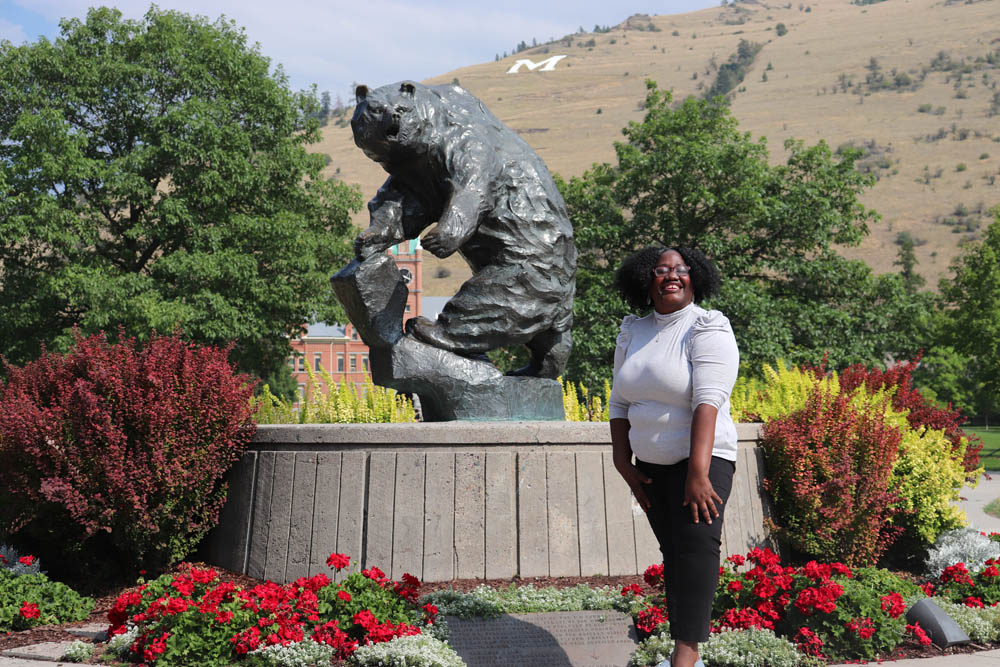
As Haiti descended into violence earlier this year, Esther Labonte had to watch from thousands of miles away as her family and friends sought refuge and her country spiraled. While she was in Missoula studying through the University of Montana’s Humphrey Fellows English Program, her home of Port-au-Prince was being overrun by gang members executing, kidnapping, and raping innocent residents. Those spared from such violence were cut off from essential needs like food and clean drinking water.

Esther helped arrange for her parents to move into a new apartment in Haiti further away from most of the dangerous activity. But as a LGBTQ rights activist and communications specialist for public health advocacy such as HIV prevention, Esther could not return to Haiti for fear of being targeted by criminal groups in opposition to these efforts. Her friends in the field back in Haiti have experienced threats. Some have even been kidnapped. She also has a son, “an amazing, interesting, delightful boy with lots of energy,” she says, and leaving him behind in the United States was not an option.
“It’s not normal what they have to face everyday in Haiti,” she said.
What started as a temporary stint in Missoula to study English has become a longer-term stay with no real end in sight. Esther’s trying to figure out how to make a home in this new place, one where she never expected to be for longer than a few months.
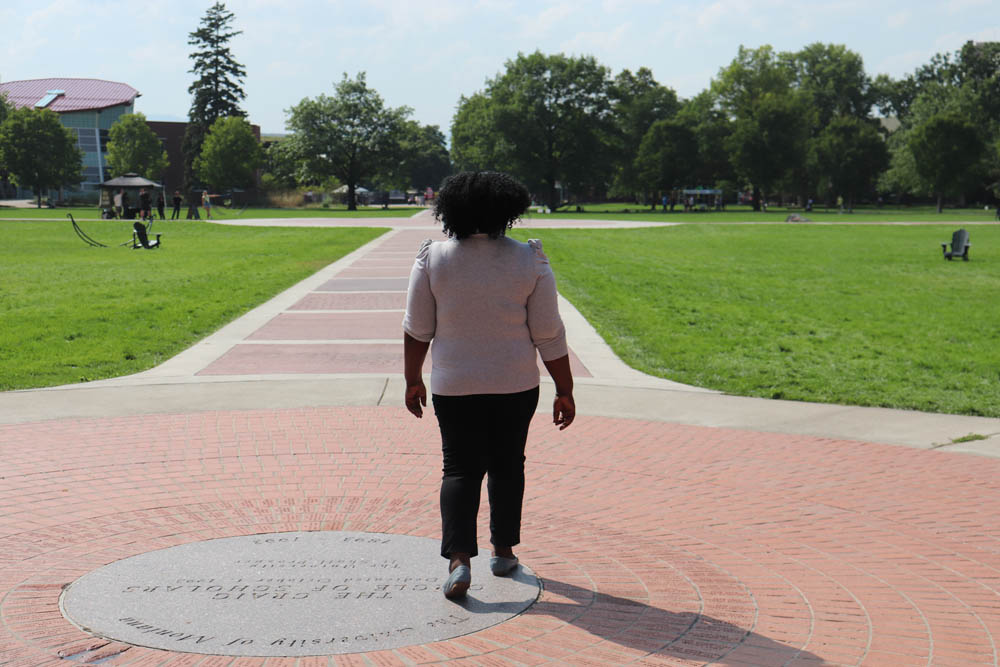
“As a single mom, it’s not easy. Every day, I wonder what could happen next. I want to go back to Haiti, but I can’t,” she said. “I’m surviving here. I know who I am and what I want to do. I have to go to school, pay my bills. I can’t sleep. I don’t have time.”
When she’s not taking classes, Esther is working to stay connected with her project back at home – the healthcare promotion and human rights advocacy she does in Haiti. It helps her feel like she’s still a part of Haiti, and Haiti a part of her.
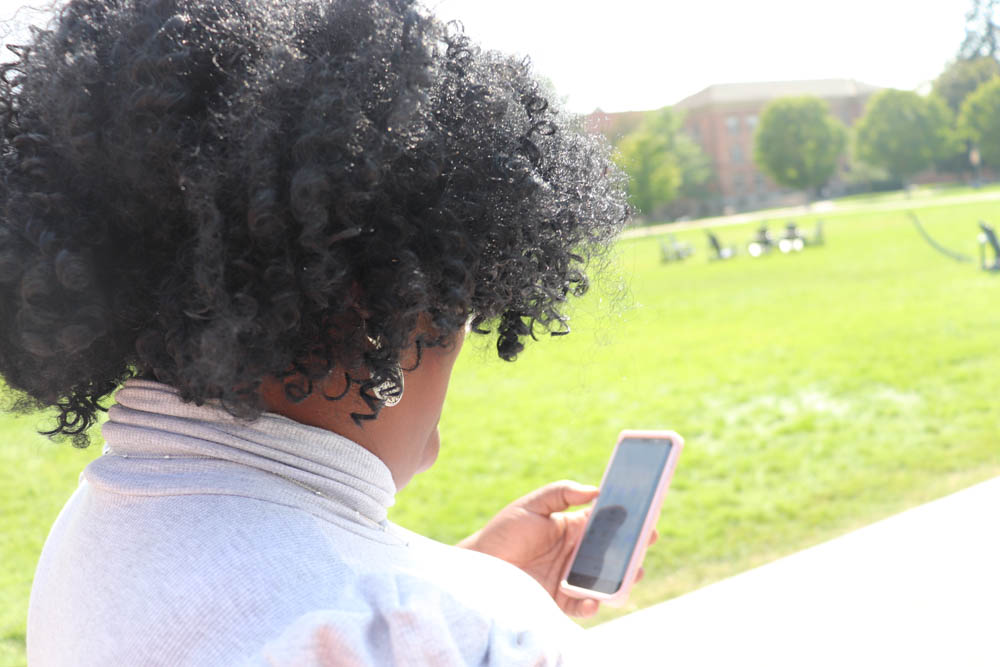
“I can’t breathe without that. It would be impossible to come here and forget all that you built,” she said.
Esther is also hopeful that her improved English and the communication skills she’s learning through her studies at the University of Montana will make her a more effective advocate for the rights and wellbeing of Haitian people. She has dreams of one day going to Washington D.C. to be able to do this work closer to lawmakers.
This unexpected time away from Haiti has forced Esther to think about her definition of ‘home’ and what it means to her. When asked, she says that “Home is a part of you. It’s your memories, it’s your culture, it’s your food, it’s your dance, it’s your rhythms. Home is a food I would like to eat.”
But today as she watches the situation in Haiti deteriorate, the idea of home can also be complicated.
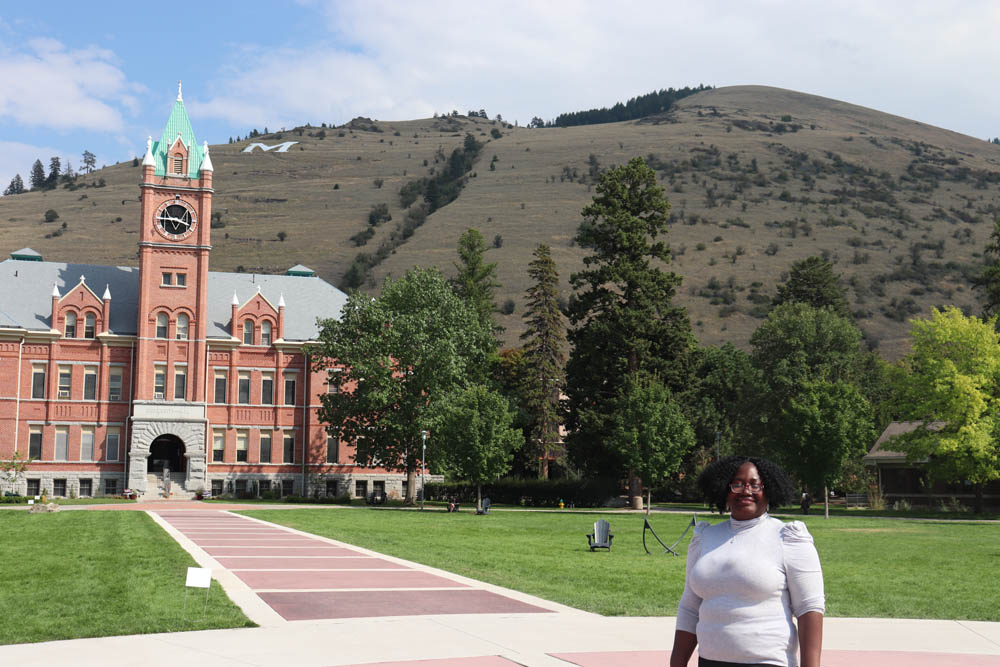
“I deeply miss it. I feel a piece of Haiti here, and when you think about it, it makes you feel comfortable, makes you feel safe,” she says. “On the other hand, it’s unsafe. You can’t go outside. You can’t access healthcare. You have to avoid kidnapping. It’s very hurtful.”
Esther’s unsure of what the future holds, and she’s hesitant to think too much about what’s next. She describes her current situation as feeling “stuck,” as though she can’t make a plan or follow a plan she does make since there are so many unknowns in her life.
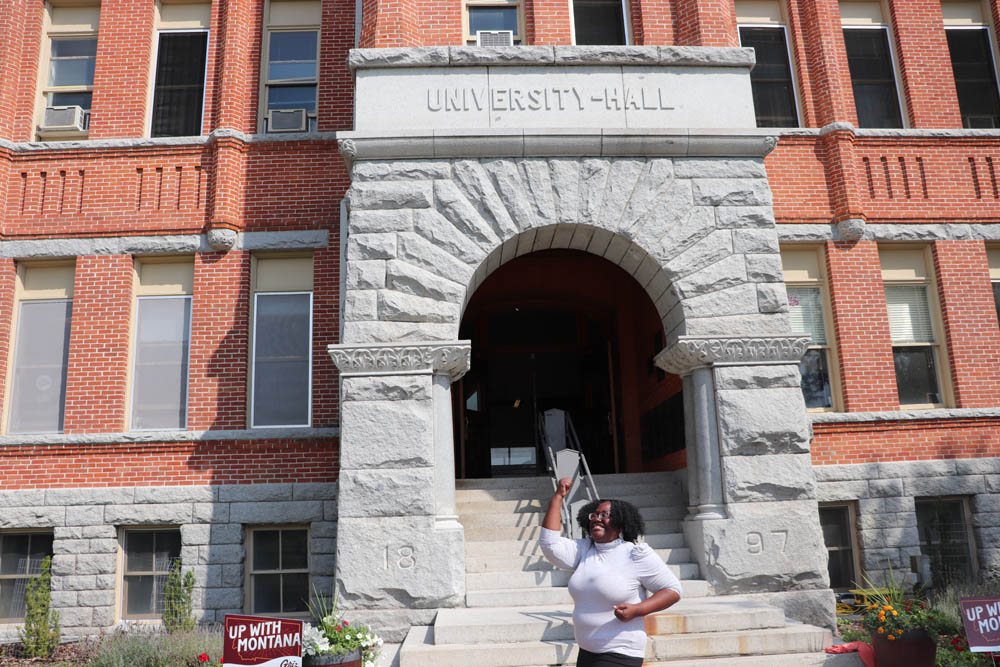
But she is certain of one thing: Haiti is her home, and she wants to spread the word that it’s more than the headlines and let people know how they can help.
“I think people have to understand what’s happening in Haiti because what happens there impacts the world,” she says. “We are all connected. It’s a kind of village, a global village.”
Story and photos by Carly Graf
